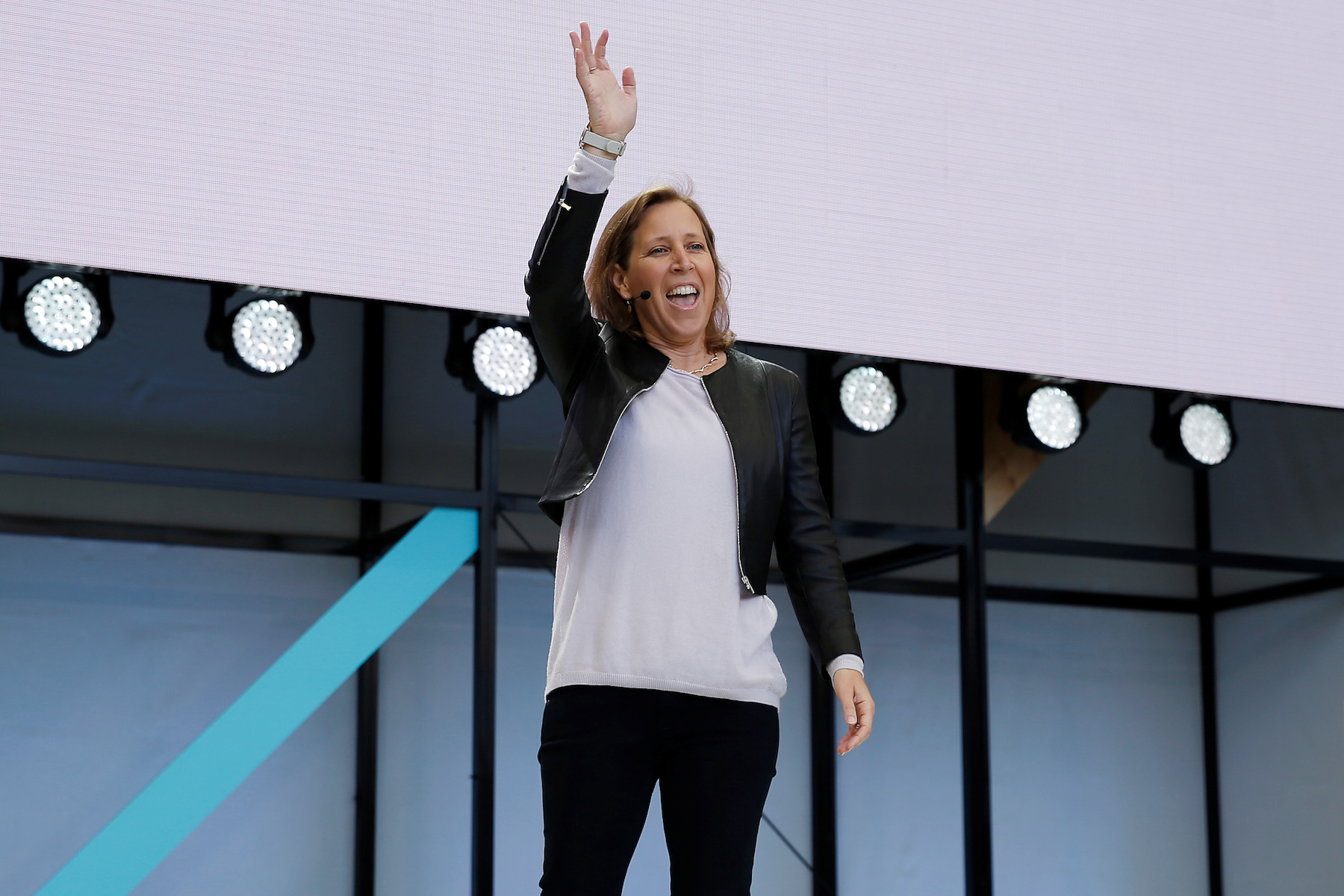- YouTube plans to raise the prices it charges advertisers on “reserved” inventory starting next month.
- The move follows of string of mishaps at YouTube in which ads ended up next to questionable content.
- The price jump seems aimed at capitalizing on increased demand among marketers for “premium” video ad space that’s considered safe for big brands to advertise with.
This is YouTube’s own version of surge pricing.
The web-video outlet is telling advertisers that prices for some of its top US channels could increase by nearly 20% next year. That’s according to people in the advertising industry who work with YouTube, help place ads on websites, or buy inventory for advertisers. YouTube owner Google has notified industry participants of the coming change in writing, these people said, asking not to be identified talking about private information.
YouTube declined to comment.
The price increase for premium channels comes as big marketers scramble to make sure their ads are presented against web-video content that’s been vetted by professionals. The price increase is for so-called reserved inventory – that is, ad space purchased ahead of time, in the same way it is for a television broadcast. These reserved placements guarantee an advertiser prominent placement and specific programming.
Other ads, the kind you can skip past as a viewer, are bought using technology tools, and advertisers using those risk having their promotion appear against content that could be considered by some viewers as racist, misogynistic, or just plain weird.
The surge in pricing for this high-quality video inventory comes after YouTube was rocked by a number of high-profile stories about big advertisers being associated with such videos. Over the course of this year, more and more big marketers became concerned - at least publicly - with "brand safety" and the need to keep their expensive commercials away from some of the dicier corners of the internet.
First, it was that advertisers found their promotions running next to hate videos and ISIS-recruitment clips. Then YouTube was found to be running ads on channels popular among pedophiles, as the London Times reported, as well as channels deemed to be exploiting children - many of which have been taken down following an extensive BuzzFeed investigation. And Business Insider reported on questions it faced about the appropriateness of some of the videos and channels sold to big marketers as part of its supposed TV-alternative offering Google Preferred.
But the optics are less than ideal, some of these people said. After a string of public relations messes, essentially Google is telling the marketplace: you need to pay us more if you want your ads next to the good stuff.
The price change will of course impact advertisers that run ads on YouTube. But it will also effect the many third parties that sell ads on the site.
That's because companies that represent certain YouTube channels - whether that be a top digital influencer's channel represented by Fullscreen Media, or channels owned by traditional media companies such as Time Inc. or NBCUniversal - generally sell ads on these channels based on Google-published rate card (like say $25 per thousand people reached by an individual ad).
Essentially, these middlemen pay YouTube a set price for this ad space. These companies can theoretically charge advertisers whatever prices they want. But when Google raises prices, they'll likely pass those prices onto advertisers unless they want to take a big hit on their YouTube ad deals.
To be sure, not everyone sees these price hikes as a bad thing. One publishers praised such a move, hoping that high prices help further establish the premium value of running ads next to professionally produced content on a site loaded with user-generated videos.
In the meantime, Google is also getting rid of 30-second ads on YouTube that consumers cannot skip next year, which The Verge previously reported.

